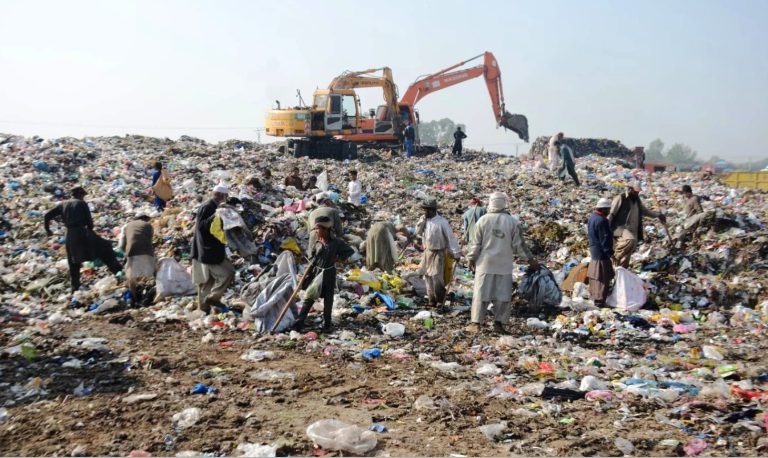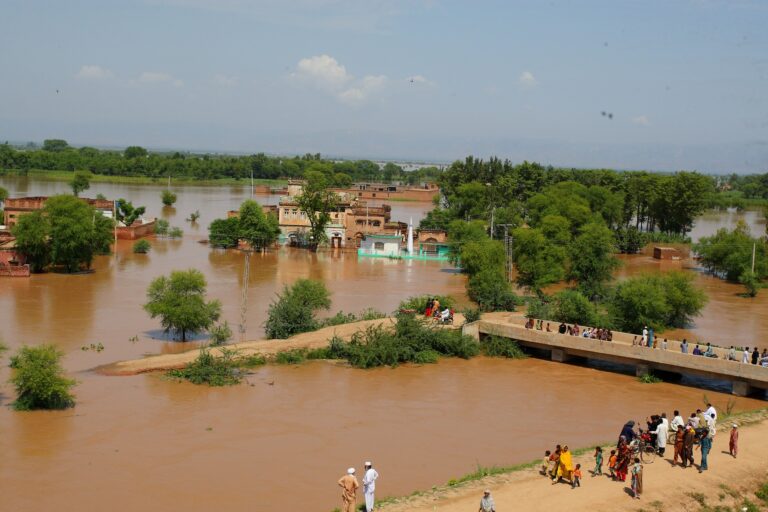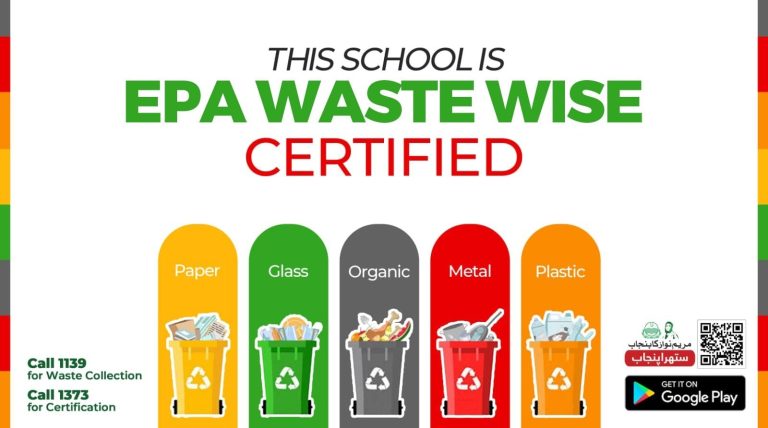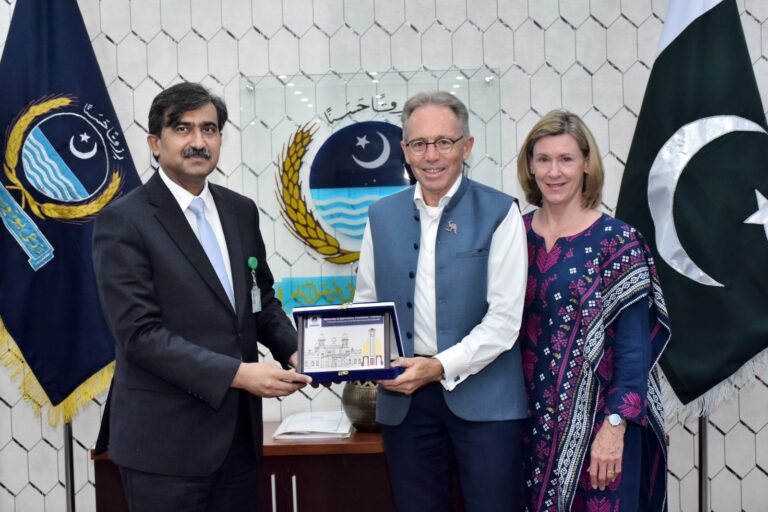Transparency International Pakistan Recommends Robust Oversight and Transparency in Pakistan’s First Carbon Credits Policy Framework

KARACHI: Transparency International Pakistan (TI Pakistan) has issued a set of recommendations for Pakistan’s inaugural Carbon Credits Guidelines and Policy Framework, which are being developed by the Ministry of Climate Change and Environmental Coordination (MoCC&EC). These recommendations, aimed at mitigating integrity risks and ensuring transparency, come at a crucial time as the country drafts its first-ever policy for trading in carbon markets.
In a letter addressed to the Prime Minister of Pakistan, TI Pakistan expressed concerns regarding the risks of integrity, transparency, and accountability in the burgeoning carbon markets. The organization stressed that as Pakistan progresses in formulating its carbon trading policy, it is essential to incorporate stringent oversight mechanisms aligned with global best practices to safeguard against potential risks.
Leverage Carbon Markets to Combat Climate Change
TI Pakistan commended the federal government’s efforts to develop the 2024 policy guidelines for carbon market trading, recognizing the significance of such markets in reducing greenhouse gas emissions. As one of the countries most vulnerable to climate change, Pakistan has the opportunity to use carbon markets as a tool for transitioning to sustainable energy sources, contributing to its Nationally Determined Contributions (NDCs) under the Paris Agreement. By participating in these markets, Pakistan can access critical economic incentives that promote climate-friendly projects, helping the country mitigate the severe impacts of climate change. To address the potential risks in carbon credits and offset projects, TI Pakistan has proposed the following key recommendations:
Market Oversight, Project Approvals, and Monitoring
TI Pakistan called for the establishment of stringent governance measures to reduce integrity risks in carbon credits trading. It recommended that the MoCC&EC ensure independent verification of carbon credit projects to prevent conflicts of interest. In addition, TI Pakistan suggested the adoption of a mechanism similar to the Public Procurement Regulatory Authority’s (PPRA) Rule 7, which involves the use of an Integrity Pact. This pact would impose penalties on any project approval agencies, intermediaries, or implementers found involved in corrupt practices.
Local Community Participation in REDD+ Projects
Recognizing the importance of local community involvement, TI Pakistan urged the inclusion of local stakeholders in projects related to the Reducing Emissions from Deforestation and Forest Degradation (REDD+) mechanism. It recommended that the guidelines incorporate a “Benefit Sharing Mechanism” to ensure that financial and social benefits from carbon market projects are equitably distributed, prioritizing infrastructure development, clean energy access, and community welfare.
Environmental Integrity in the Carbon Market
TI Pakistan emphasized the need for an effective oversight mechanism to be established by the Climate Change Authority, ensuring the environmental integrity of the carbon market. This body would be responsible for validating the quality of carbon credits, monitoring climate finance projects, and maintaining transparency in the accounting of carbon emissions reductions.
Third-Party Validation and Centralized Carbon Registry
To enhance transparency and accountability, TI Pakistan recommended the creation of a centralized “Carbon Registry” to track and verify carbon offsetting claims through independent, third-party validation. The registry would allow communities to monitor carbon credits and ensure the authenticity of claims made by project developers. Additionally, TI Pakistan proposed the inclusion of Whistle-blower Protection Mechanisms in the guidelines to encourage the reporting of corruption without fear of retaliation.
Furthermore, TI Pakistan welcomed the government’s initiatives to develop a comprehensive framework for trading in carbon markets and expressed optimism that these efforts would lead to the successful implementation of the policy. The organization hopes that with a focus on transparency, local community engagement, and robust governance, the carbon markets will yield tangible benefits in Pakistan’s fight against climate change while contributing to the country’s sustainable development goals. As Pakistan moves towards building its carbon markets, it is imperative that these recommendations are integrated into the policy framework to ensure that carbon trading delivers real environmental benefits and supports the country’s climate objectives.






